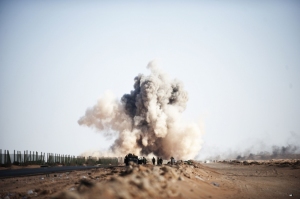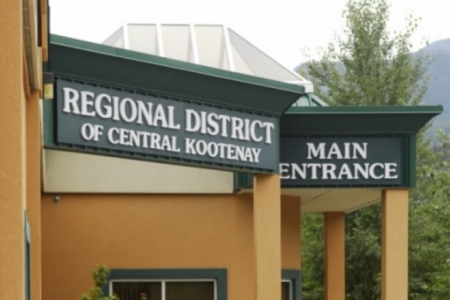QUNFUZ: Should the no-fly zone fly?
For those of you wondering what’s become of our informant in Tripoli, I’ve heard from a member of her family who lives here in Britain that she is physically safe but in a difficult emotional state – terrified and very tired. The internet is properly down now, and Human Rights Watch reports a wave of “arbitrary arrests and forced disappearances” throughout the capital.
To the west of Tripoli, the heroic city of Zawiya has fallen after Qaddafi’s forces bombed schools, hospitals, mosques and private homes. There are reports of random mass arrests there too. We can be sure that executions and torture are continuing on a massive scale. Further east, first Bin Jawad, then Ras Lanuf and now Brega have been reclaimed by the tyrant after heavy aerial bombardment. It seems that my earlier optimism was misplaced. The Libyan revolution risks drowning in blood. If it does, the larger Arab revolution may well grind to a temporary halt.
This worries me far more than the prospect of Western intervention, because the West is currently in no position to occupy or control Libya. The West’s economy is precarious to say the least, partly because of the adventures in Iraq and Afghanistan. In Iraq, the mighty American army was tied down and humiliated although no more than 20% of the people rose against the occupation at any one time, and despite the political incompetence and sectarian divisions of the resistance. In Afghanistan, NATO achieved the amazing feat of making the almost universally hated Taliban popular again. While the West squanders treasure and blood, China has signed the contracts to exploit Afghanistan’s resources.
Some leftists point to the profits of certain corporations during the war years as evidence of Western capitalism’s victory, but this is a simplistic interpretation of events which takes no account of national or imperial interests. The decade since 9/11 has taught the world that any determined force can stand in the West’s way if it employs assymetrical means of warfare. America’s defeats in Iraq and Afghanistan have only hastened American decline, as Turkey and most of South America slip its embrace and China, Brazil and India chart their own paths to economic growth. And Western interference in Libya against the wishes of the Libyans would be defeated no less resoundingly. Saharan Libya must have the most open borders in the world. Anti-imperialist fighters would flock to kill foreigners and to destroy oil pipelines under foreign control. The West knows this and, contrary to the fantasies of some, is therefore very reluctant to become involved militarily.
Hasty comparisons of a potential no-fly zone with previous no-fly zones in Iraq are unhelpful. Following Iraq’s defeat in Kuwait in 1991, the mainly Shia Iraqi south rose up against Saddam Hussain. US forces were stationed inside southern Iraq at the time, and were enforcing a no-fly zone. However, they gave the Iraqi regime permission to fly helicopter gunships, which allowed the regime to crush the intifada and to commit massacres on an enormous scale. This was the time of the mass graves. The episode allowed Saddam to remain in charge of a crippled, starving country for another 12 years, and ensured that sectarianism was exacerbated to such an extent that after the 2003 invasion the anti-occupation resistance collapsed into civil war.
In 2003 America and Britain invaded Iraq without a United Nations mandate. Today NATO is emphasising that it won’t move without both a UN resolution and substantial political support from the Arabs. The Arab League has now called for a no-fly zone.
At the League meeting Omani foreign minister Yusuf bin Alawi warned that if the Arabs didn’t take a strong stance they would open the door to unwanted foreign interference. This may seem contradictory: at the same time he asked the UN to intervene. But his point is a good one. If NATO forces act under a UN resolution and responding to an Arab request, the Arabs will be well-placed to end the intervention at the right moment.
I understand the worries of those who fear Western intervention, after all the West’s crimes against the Arab world. I wish the Arabs were capable of moving by themselves (and I certainly hope that once the revolutions have run their course we will finally see an independent Arab world taking care of internal Arab problems). I like Asa’ad Abu Khalil’s idea of using Egypt and Tunisa as staging posts for volunteer Arab soldiers who wish to aid their brothers in Libya.
It’s a difficult, cloudy situation. The only clear thing is that the Libyans need immediate help. The Transitional National Council’s warning that half a million will be killed is not mere rhetoric, but an entirely logical and legitimate fear.
I strongly recommend Paul Woodward’s comments on this issue. I also recommend this site for keeping abreast of the latest developments.
Robin Yassin-Kassab is a writer and journalist based in the United Kingdom. This column originally appeared on his blog, Qunfuz.

























Comments